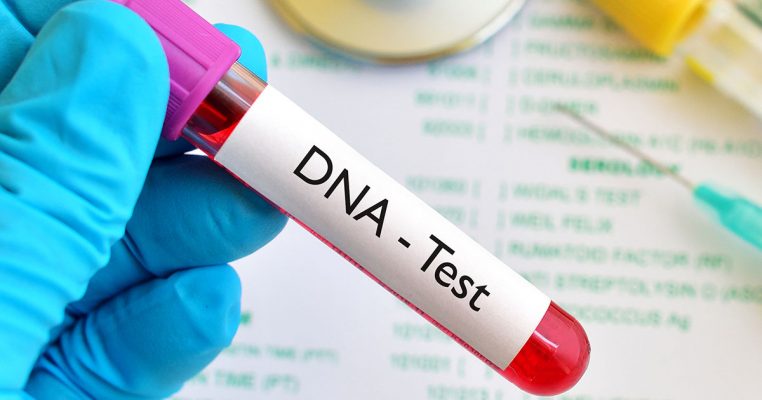Reports Show 1 in 4 Children Likely to Fail DNA Test
A new study has revealed that one in four children tested for paternity in Nigeria is unlikely to be biologically related to the presumed father.
The report by Smart DNA Nigeria, which analysed data from July 2024 to June 2025, found that 25 percent of paternity tests excluded the supposed father, a slight decline from the 27 percent recorded the previous year.
The findings showed that firstborn children were the most affected, with firstborn sons topping the chart at 64 percent of exclusions. According to Smart DNA, the figures raise concerns about family stability, trust, and social cohesion, particularly in urban centres.
The study also reported a surge in immigration-related DNA tests, which accounted for 13.1 percent of all cases within the review period. The increase was linked to the ongoing “Japa” wave, as families sought documentation and citizenship for children relocating abroad.
Men initiated 88.2 per cent of the tests, often driven by long-standing doubts, compared with women who made up 11.8 per cent. Nearly half of the tests were requested by men aged 41 and above, while most children tested were between the ages of zero and five, reflecting parents’ preference to resolve suspicions early.
READ ALSO: APC, ADC Clash Over By-Election Outcome
Lagos accounted for 69 per cent of all DNA tests nationwide, with Lekki emerging as the single top location at 20.3 per cent. Mainland areas represented 59.4 per cent of cases, while the Island recorded 40.6 per cent.
By ethnicity, Yoruba clients made up 53 per cent of all tests, Igbo 31.3 per cent, and Hausa 1.2 percent, pointing to cultural differences in approaches to paternity verification.
The study further showed that 83.7 per cent of cases were conducted for peace of mind rather than legal purposes, while court-mandated tests stood at 1.4 per cent. Boys were tested more frequently than girls, highlighting cultural concerns over inheritance and lineage.
Operations Manager of Smart DNA, Elizabeth Digia, said the findings reflect much deeper issues than science alone. “These statistics tell us something profound about trust, relationships, and the legal and economic realities of Nigerian families today,” she stated, urging sensitivity in managing the outcomes.
The report recommended reforms to tackle paternity fraud, the inclusion of DNA testing in healthcare systems, and wider public education to correct misconceptions. It also cautioned that the data reflects families already experiencing paternity doubts and should not be seen as representative of the entire population.




